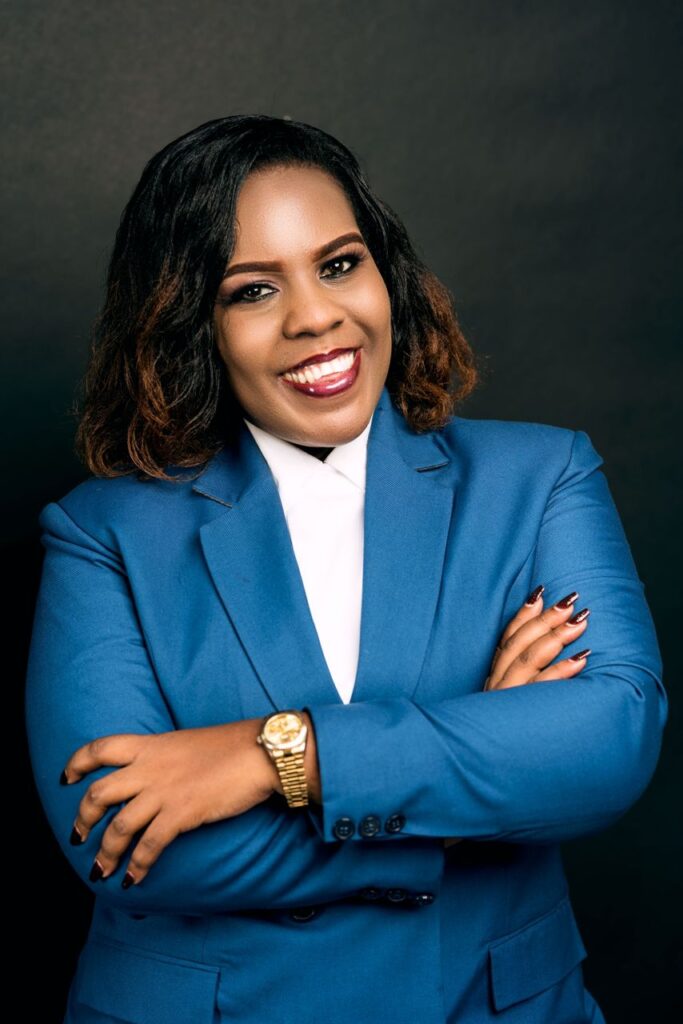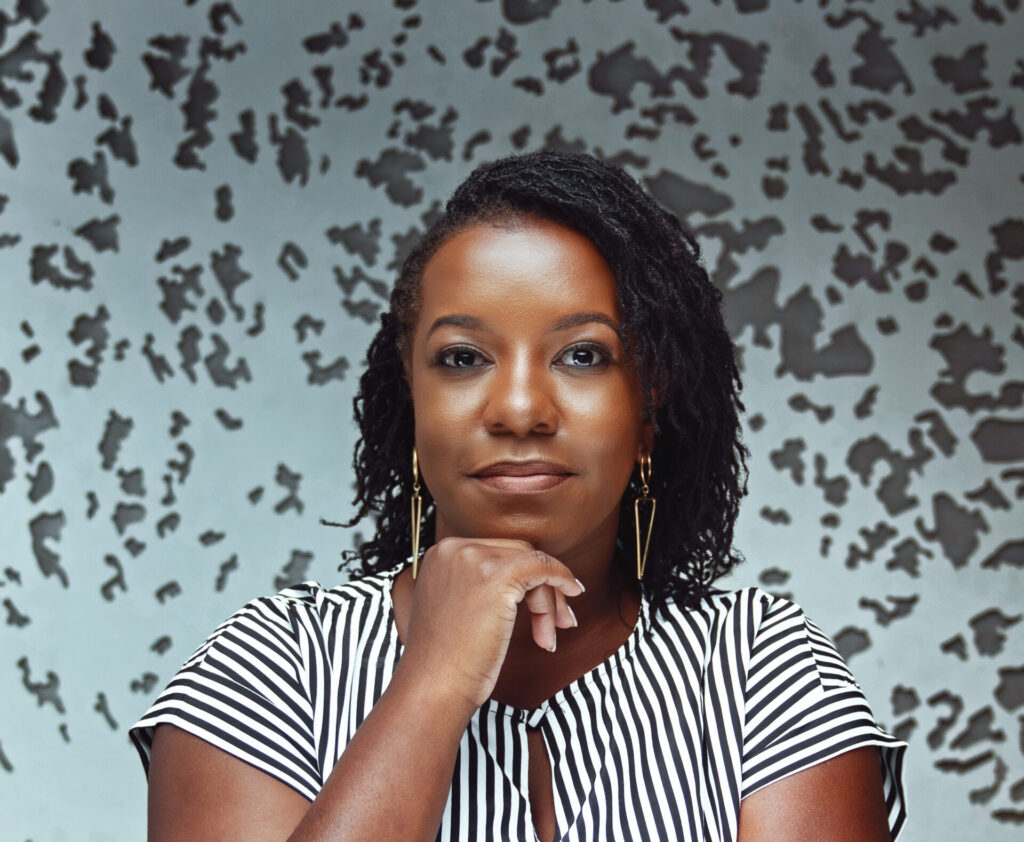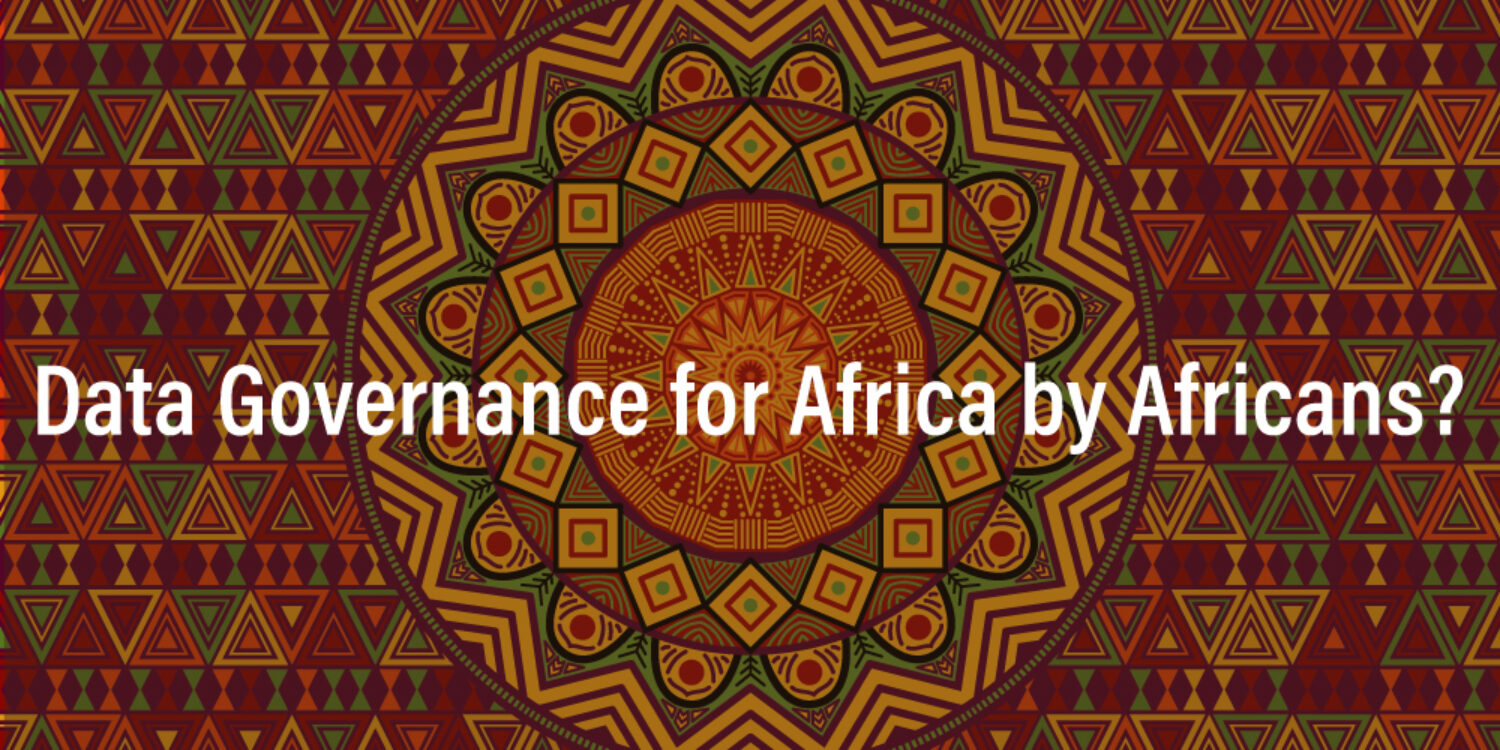Africa, with its tapestry of cultures and a history as old as time itself, is now amid a digital awakening. Stepping into the data era with purpose, it’s time we asked ourselves, “How do we take control of our digital narrative?” Multinational corporations are setting up the data rules—much like someone else dictating how we should run your home. Non-African countries and external entities have often imposed standards upon our continent without considering our context or consent. Take, for instance, the influence of the European Union’s GDPR itself, which, despite its merits, has been criticized for creating de facto standards that African countries are pressured to comply with, often without the necessary infrastructure or local adaptations. Similarly, China’s advances in digital infrastructure across Africa come with their expectations and norms, which may not always align with our values or needs. These examples underline the urgency for Africa to define its digital standards to ensure they serve our interests first and foremost.
Data’s power is limitless, and we are in the thick of global tugs-of-war, with our data—the very pulse of our knowledge economies—at stake. Despite strides towards a Continental Free Trade Area, our approach to data protection is still a patchwork quilt at best. Africa is overdue for a data governance master plan, one that turns data into a tool tailored for Africa’s growth – if not at a continental level, then within the regional blocks.
GDPR
The EU has its General Data Protection Regulations (GDPR), which have served them well. At this time, we must begin to explore what an African GDPR-like set of standards might look like. We are not suggesting by any measure that we take the GDPR and customize it or copy-paste it for our purposes. Rather, we propose that Africans look at their unique circumstances and contexts and craft a generally agreed framework for data governance that fits our purposes. It would be a framework cut from the same cloth as our unique legal, economic, and cultural fabrics.
This isn’t a far-off dream; it’s a future we can start weaving today. We’re not strangers to setting our digital standards—our track record speaks for itself with initiatives like the African Declaration on Internet Rights and Freedoms.
Festival de Datos, Nov 6-9, Uruguay
Together with other passionate experts worldwide, we shall host a session at the Festival De Datos in Uruguay. In the session, we shall acknowledge a crucial tension at the heart of our discussions: the push and pull between rapid development and the protection of personal data. On one side, there’s the compelling drive by Data for Development advocates to utilize data in accelerating progress, often prioritizing tangible outcomes like healthcare over data privacy concerns. On the other, Human Rights voices argue for the inviolability of personal data, insisting that strict adherence to legal frameworks must precede any developmental use of data.
In our quest for a tailored African data governance framework, we must confront this dichotomy head-on, striving to strike a delicate balance between these divergent yet interconnected imperatives. We’ll explore this further, debating how to responsibly and ethically navigate this dynamic without compromising our core values or developmental aspirations.
At the session, controversially named “Towards an African GDPR”, we’re rolling up our sleeves for a session that’s more than just talk —it’s our collective call to think and build a cohesive data governance for Africa by Africans. Do we take a leaf out of the EU’s GDPR book, or do we write our own story? Continent-wide or regional frameworks? These aren’t just questions—they’re keys to unlocking our digital autonomy.
Speakers / Facilitators





Our diversity is not a hurdle; it’s our superpower. In this Ideas Lab, we’re not just talking at each other; we aim to have frank conversations guided by those who know data governance well. We’re weighing our options, mapping out the route to our digital renaissance.
We want to remind the world and ourselves that Africa isn’t just following trends—we’re setting them. As we navigate geopolitical currents and our developmental voyage, it’s time to step up and craft a digital legacy that could just set a global gold standard.
Our rendezvous in Uruguay is just the beginning. The dialogue will continue in articles, roundtables, and actions that will speak louder than words. Together, we’re building data governance that’s not just about Africa—it’s for Africa.













